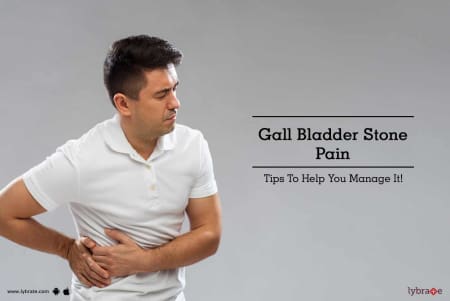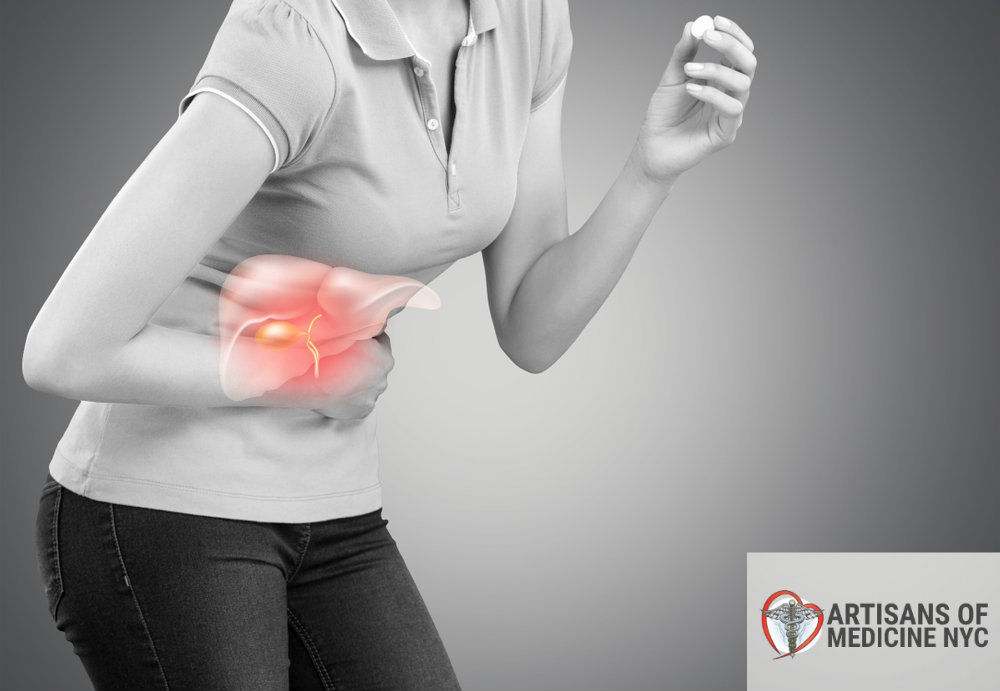
Gallstones are small deposits of cholesterol or bile that form in the digestive system, which can cause problems in the liver. In some cases they can also form and then move to the upper intestines. When the bile begins to harden, and cholesterol starts building up in the gallbladder, the liver does not produce enough bile, which increases the cholesterol in the gallbladder.
Bile can also produce cholesterol when it is broken down in the liver. This makes a person more likely to develop gallstones because bile is not able to break down as much cholesterol as it should.
Gallstones have also been linked to heart attacks and strokes. If a person has developed gallstones, there are certain things that can occur. They can block the bile flow and thus cause the bile acids to build up. The bile acids become so bad that they will start damaging the gallbladder. It is possible to get stones in other parts of your body, but this usually happens in the gallbladder and usually only in a few people.
Kidney stones are usually very small. In fact, they can be so small that they pass through the body unnoticed. Sometimes, even if a person has a kidney stone, it still doesn't cause pain.
Gallstones can also cause stomach pain. If the stone is large and hard, it can cause pain. They can cause severe pain and swelling. For severe pain associated with gallstones, doctors may take a sample of the gallbladder and try to determine what type of stone it is.
Abdominal pain can be caused by gallstones blocking the flow of bile. There can be very sharp pain. The pain can last for a long time, sometimes even for days.
Another symptom of gallstones is leg pain. This pain most often occurs while standing, but it can also occur while sitting. The pain usually gets worse after eating a lot of fatty foods, such as chocolate.
If you experience abdominal pain, see your doctor immediately. You should also call a specialist if the pain is associated with gallstones. to find out which stone is causing pain.
You may get buttock pain. This pain will be more intense during the day. Sometimes the pain can spread to the leg, making it difficult to walk.

If you have a fever, you may be experiencing abdominal pain, which may be accompanied by back and leg pain
This pain can also lead to weakness.
A kidney stone can damage the gallbladder. This is due to the pressure of stones on the bile duct. The stone can cause inflammation of the bile duct. The inflammation will cause blood clots to form.
A large stone can do more damage than a smaller stone. A small stone can sometimes cause very little damage. damage to the bile duct.
If you notice any pain in the stomach or intestines, it is very important to go see your doctor as soon as possible. If left untreated, gallstones can cause serious problems. If you find that you are suffering from gallstones, consult your doctor immediately.
It is important to take pain relief for your gallbladder. You can take pain killers like Motrin or Tylenol. If these do not work, there are also pain medications such as aspirin that you can take. You can even take ibuprofen if you suffer from an allergy to aspirin.
You will be advised to take other measures that will help you manage your pain. There are many ways to relieve pain from gallstones.
If you want to get pain relief for your gallstones, you should make sure to take lots of fluids. water is great for this. You should drink about 8 glasses per day, or more. To avoid dehydration, drink a lot of soups and juices.